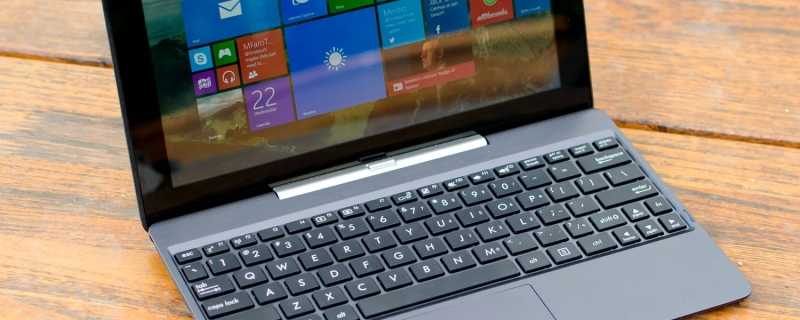There's a $350 laptop you can buy that was described in the following way in a recent review:
Design: Cheap, net-book like design. Entire thing is made of plastic. Palm rest that flexes when you grip it. [2.8 pounds so] weighty compared to the competition. Slightly thicker too.
Display: Poor-quality display. 1,366 x 768 screen [where if you] dip the screen too far forward, everything very quickly becomes washed out.
Keyboard: Underlying panel will bend a bit if you type vigorously enough. If you hit them too gently, you're likely to suffer some missed key presses. The keyboard probably won't recognize every single keystroke.
Performance: The performance gains here aren't so huge.
Battery: 7 hours and 53 minutes of continuous video playback.
Software: Cannot, in good faith, recommend [the OS] to everyone. There will be people...who need the flexibility to install whatever apps they want.
What would you rate this device? Keep that number in mind.
Now here's another $350 laptop you can compare it to:
Design: Cheap build materials. Whole thing weighs 2.4 pounds.
Display: 1,366 x 768 IPS screen offers wide viewing angles. Wish the screen were brighter.
Keyboard: It's reasonably easy to type on. The underlying panel feels a bit unsteady, and the keys are quite noisy.
Performance: Solid performance. Performance almost always felt smooth. Lightweight apps...ran smoothly with no hiccups.
Battery: Long battery life. 10 hours and 40 minutes of video playback.
Software: Runs traditional desktop apps. Almost no bloatware.
Now what would you rate this second device? Given that it's lighter, features a better screen, has a better keyboard, lasts nearly 3 hours longer on battery, able to run more apps, and yet still costs the same?
And oh, I forgot to mention, the second laptop is actually a 2-in-1 hybrid. The screen is detachable so the device can be used as a tablet; a nice convenience if you don't want to spend more money on one.
As you might have guessed, the first laptop described is a Chromebook-based, Acer C720 while the second is a Windows-based, Asus Transformer Book T100.
Dana Wollman of Engadget reviewed both products, and gave both products an equal score of 81%. The above descriptions are actual quotes. I didn't paraphrase, it's what Dana wrote about each device. Don't believe me? Read the reviews yourself:
This, ladies and gentlemen, is the power of expectations.
On an absolute basis, one device is clearly better than the other; but the expectations for what a Chromebook is supposed to do is so much lower that, relatively, the C720 feels like a better device than it really is. The T100, on the other hand, gets compared to other Windows laptops (or the iPad Air) and doesn't look as good in the comparison.
When you strip those pre-conceived notions away, however, pound-for-pound, the Asus Transformer Book T100 is a better buy than the Acer C720.
Jeffrey Yuwono is CEO and co-founder of Feecha, a hyperlocal news app for neighbourhoods. A Stanford MBA and Duke undergrad, Jeff writes insightful observations about technology once a day on his blog The Cornerplay and now on this weekly column on TechSpot.
Yet, there exists a popular narrative that Chromebooks are disrupting Windows PCs. Forbes: "Here's why Microsoft is worried about Google Chromebooks." The Verge: "The Chromebook is just a better device." WSJ: "Google's winning over some businesses." The Street: "Why Google's Chromebook is better than Windows, Mac and Android."
Let's run with the assumption that Chromebooks are doing well and compete with laptop PCs. Advocates claim non-tech savvy consumers choose Chromebooks for generally three reasons: simplicity, low maintenance, and easy usage in its fast boot times.
I disagree.
People with low computing needs don't buy Chromebooks because they offer a better experience; they buy them because of price.
Sales Performance
Let's examine whether Chromebooks are even selling well in the first place. Pundits like to point to Amazon's best seller chart as proof of Chromebooks' success. The problem is that Amazon doesn't represent mass America, who still prefer to purchase expensive electronic items in a store where they can speak to customer representatives; but let's go with it anyway.
Well, cheap Windows PCs are beating Chromebooks on Amazon. Here are Amazon's top 20 best selling laptops as of this writing, from #1 to #20:
- Windows $250 Dell Inspiron
- Windows $230 Toshiba Satellite
- Windows $200 HP 15
- Windows $274 Asus HD
- Windows $369 Asus Transformer Book T100 (32 GB, 500 GB extra storage)
- Windows $357 Asus Transformer Book T100 (no extra storage)
- Windows $249 HP Pavilion 15
- Chrome OS $229 Acer C720
- Mac OS $1,379 MacBook Pro
- Windows $429 HP Pavilion 17
- Chrome OS $229 Asus Chromebook C300
- Windows $406 Lenovo ThinkPad Edge
- Windows $249 Asus HD
- Windows $380 Lenovo B590
- Windows $450 Asus Transformer Book T100 (64 GB, 500 GB extra storage)
- Windows $293 Asus K200
- Windows $700 Lenovo IdeaPad Flex 15
- Windows $380 Dell Inspiron
- Windows $250 Acer Aspire
- Chrome OS $280 Acer C720P
That's 16 Windows laptops in the top 20, and only three Chromebooks. 80% of Amazon's top 20 best selling laptops are Windows-based, including the top five.
When Chromebooks first debuted, they competed with significantly more expensive Windows laptops and did well. Now that there's low cost competition, Chromebooks are struggling.
Does anyone really think Chromebooks have any other meaningful advantage over Windows PCs for average consumers? Without that price advantage, most will simply choose Windows.
It's also nice to see Amazon customers agree with our assessment the Asus Transformer Book T100 is a better value than the Acer C720 Chromebook. The T100 is so popular it appears three times in the top 10. The Core i3 version of the Acer 720 didn't even make the top 20.
If you look at actual usage, it's even more stark. According to StatCounter, Chromebook web usage was just 0.17% in July 2014. For an always-online device supposedly destroying PCs, that's an incredibly niche number. By comparison, Windows RT – widely declared as dead on arrival – registered 0.10% over the same time period.
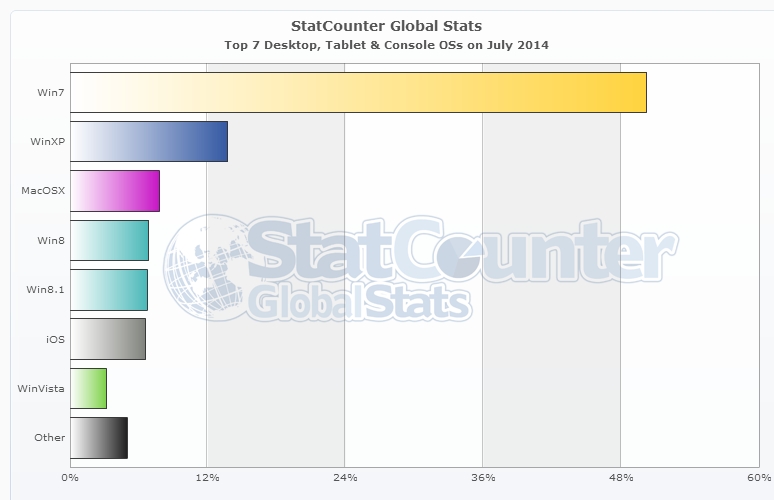
Relative to the amount of hype and coverage they get, Chromebooks aren't actually doing all that well. Why then is the press so in love with them? Advocates claim "average" people with low computing needs value Chromebooks' simplicity, low maintenance and fast boot times. But I disagree average people value those things.
Simplicity
Why do people think Chrome is simple? Have you seen its settings page? Show it to a "normal" user and see his eyeballs roll. Chrome OS' settings page exceeds the comfort threshold for the non-tech savvy just as much as Windows'. If you don't know it's there and never need to go there, it's not a problem. This might have been an issue for older versions of Windows, where connecting a printer may require going to settings, but it hasn't for the last several generations of the OS.
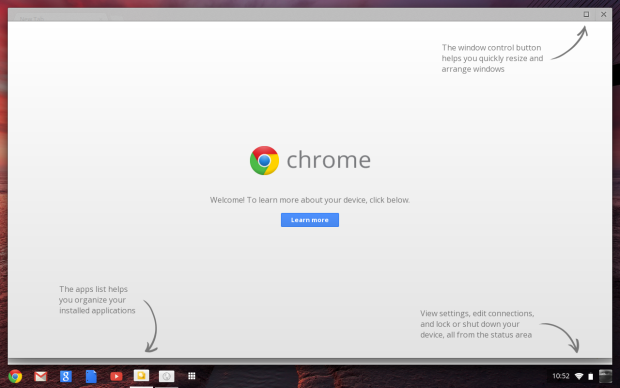
Compare the desktop for Chrome OS vs. Windows RT. Even the amount of visual complexity is the same. I reject the notion that Chromebooks are simpler than Windows laptops for the non-tech savvy.
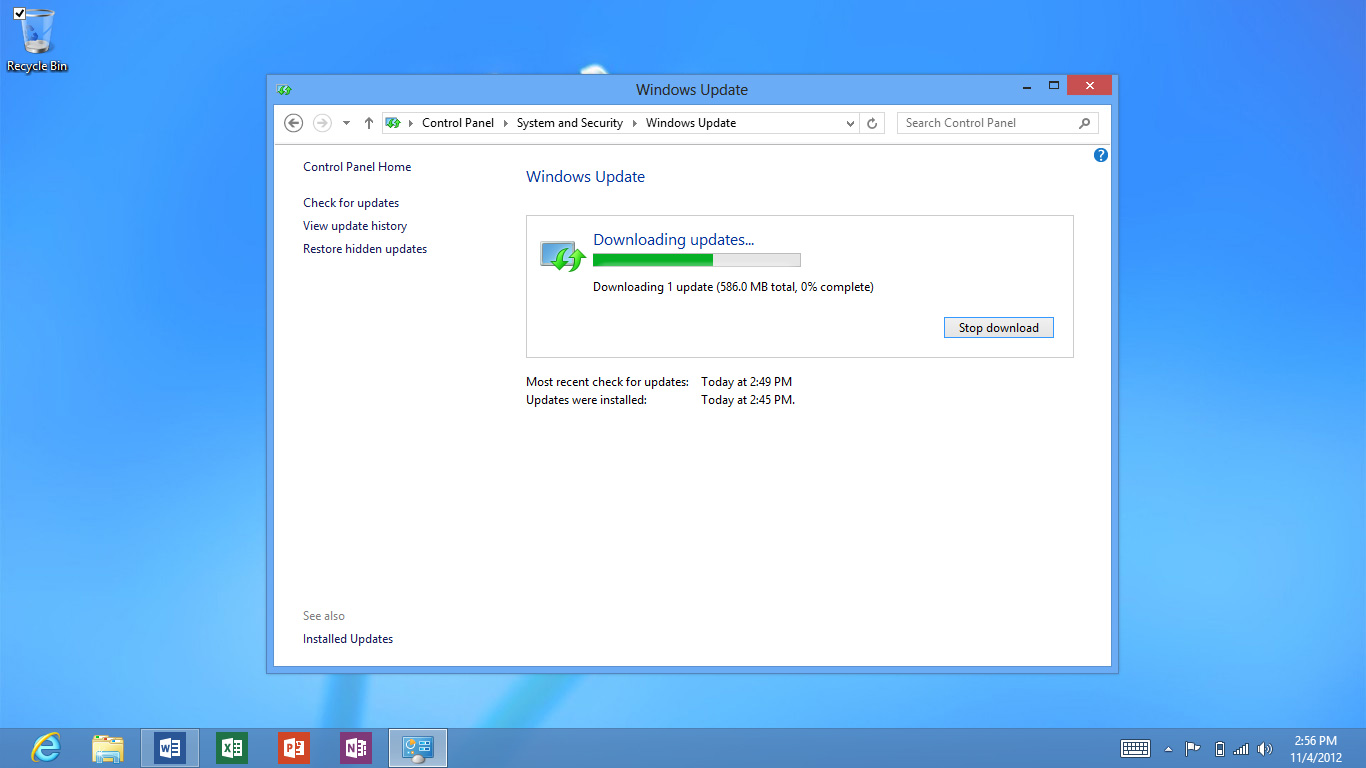
Don't get me wrong: Chromebooks are simpler for those who know what's there; but that's because Chromebooks do less. For the uninitiated, that complexity is hidden. Users don't care what processes are running in the background as long as their direct experience is good.
That too was an issue with older versions of Windows, especially during the netbook craze, but Microsoft has worked hard to make the Windows experience great even on cheap hardware.
Pundits often compare their current Chromebook experience with an old Windows machine; but the $250 Dell computer that's #1 on Amazon will run as smoothly as the $250 Chromebook for the same tasks.
Low Maintenance
One of the wonderful things about Chromebooks is that because it's a thin client of sorts you never have to worry about viruses. But you know what? Neither do modern Windows devices.
Yes, that wasn't always true. Blame that on the government, which handcuffed Microsoft's ability to add native security features to Windows because it was seen as anti-competitive to the likes of Norton and McAfee. I'm not kidding. When I worked at Microsoft, I was constantly told not to plan on improving security because legal and compliance would object. So when consumers purchase a new laptop and don't renew the crappy bundled $30 per month anti-virus, they get into trouble, and Microsoft gets the blame.
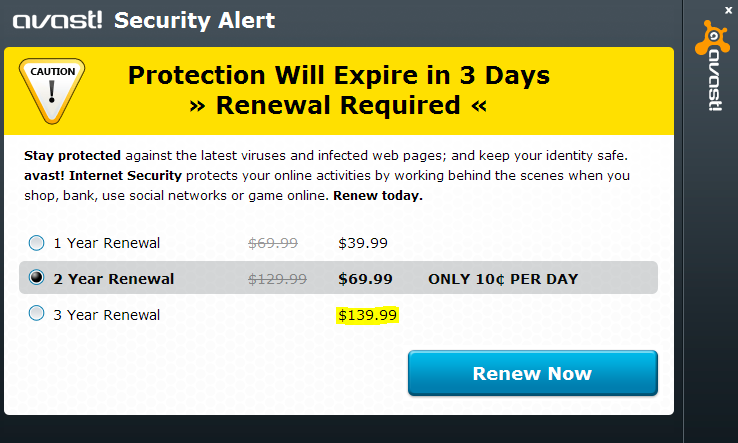
But in today's "post PC" world, Microsoft is no longer seen as a monopoly and can finally begin to fix some of the problems that have crippled Windows in the past. Like building anti-virus and firewall protection right into Windows 8. For the vast majority of users buying new PCs today, they're taken care of right out of the box. This doesn't completely eliminate the threat of bad programs but it does reduce it considerably.
The Chromebook advantage here is small; and I argue, not meaningful.
Fast Usage
Chromebooks wake from sleep nearly instantly. Modern PC laptops take 1-3 seconds. I personally agree this is a major advantage for Chromebooks. Windows 8 has improved wake-up time a lot, but it still sucks - even on Microsoft's own Surface devices.
But that's me. A gadget junkie that is constantly reaching for his electronics. What about this non-tech savvy person with low computing needs? How much does a couple of seconds really matter when he's only occasionally using the device? Sure, people are online all the time – but they're online with their phones and tablets, not laptops.
No, Chromebooks sell because of one reason only: PRICE. It's not better; it's just good enough. And when it's good enough the most important variable is how much it costs. That's the main reason people purchased Chromebooks.
That's why I predicted Microsoft's efforts to drive down the cost of Windows for OEMs will be effective, and judging by the small sample that is Amazon, that prediction appears to be coming true.
Between two products that cost the same, consumers will simply choose the one that does more.

